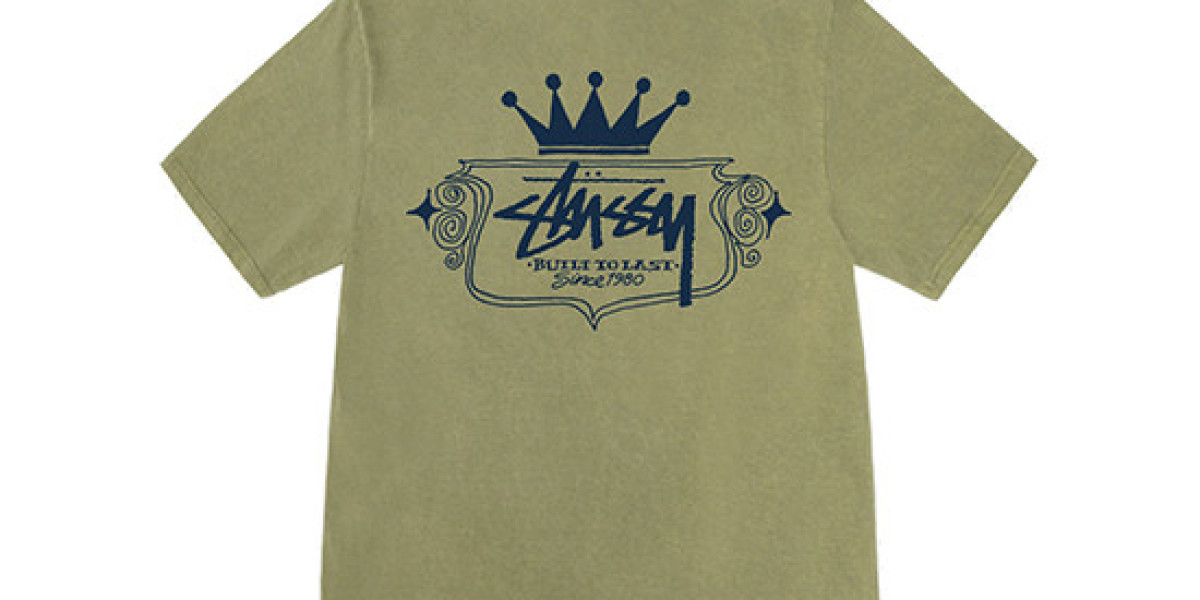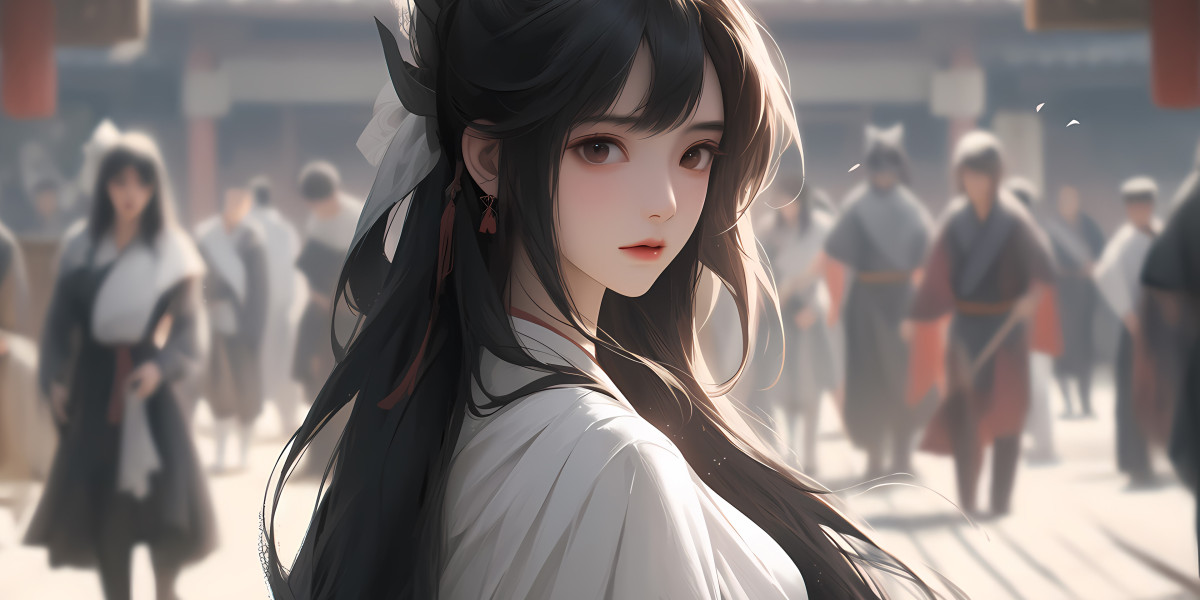Denim Tears is a unique and powerful brand that has garnered widespread attention for its ability to blend high fashion with social commentary, particularly regarding Black identity, history, and culture. Founded by designer Tremaine Emory, Denim Tears has quickly become a cultural symbol within the fashion industry, representing more than just clothing but also deeper narratives about race, heritage, and resistance. This article delves into the origins, impact, and evolution of Denim Tears, exploring how the brand navigates the worlds of fashion, art, and activism while amplifying the stories of the African diaspora.
The Origins of Denim Tears
Denim Tears was founded in 2019 by Tremaine Emory, a designer whose roots in streetwear and fashion run deep. Before establishing Denim Tears, Emory had worked with several notable brands, including Supreme, where he honed his craft as a creative director. His background in streetwear, combined with his interest in cultural storytelling, played a significant role in the development of Denim Tears as a brand that would challenge traditional notions of fashion and style.
Tremaine Emory, a Black designer, was driven by a desire to use fashion as a vehicle to express the complex narratives of Black identity, particularly the experience of Black Americans. Denim Tears, as a brand, sought to engage with both fashion and history, creating collections that combined style with social commentary, often referencing Emory’s own experiences as a Black man in America. Emory’s understanding of fashion as a medium for storytelling set Denim Tears apart from other brands, creating a space where fashion could serve as a conversation starter about race, culture, and history.
The name "Denim Tears" itself reflects a deep emotional connection to the history of denim, a fabric that is often associated with working-class Americans and blue-collar labor. For Emory, denim represents more than just a fabric; it is a symbol of the struggles and resilience of Black people throughout history, from slavery to the Civil Rights Movement to the present-day fight for equality. The brand's name invokes the idea that the tears shed over generations of pain and struggle are embodied in the very fabric that has been worn by many.
Cultural and Historical Influences
One of the central themes of Denim Tears is its exploration of Black history and culture, particularly the African-American experience. The brand officialdenimtearsus.com has drawn upon powerful and often painful imagery to tell stories of systemic racism, exploitation, and survival. One of the most notable examples of this is Emory’s use of cotton imagery in Denim Tears’ collections.
In 2020, Denim Tears released a collection that featured denim pieces emblazoned with embroidered cotton flowers—a subtle yet powerful reference to the historical significance of cotton in the United States. Cotton was the primary crop grown on plantations during slavery, and its production was deeply intertwined with the exploitation of Black labor. By using cotton as a symbol in his designs, Emory created a poignant commentary on the historical ties between Black people and the cotton industry. This fusion of history with fashion not only highlighted the legacy of slavery but also celebrated the resilience of Black Americans who have fought to reclaim their identity and cultural heritage.
The cotton imagery was paired with Emory’s thoughtful exploration of the visual aesthetics of denim, a fabric that has long been associated with working-class culture. Emory’s designs elevate denim, elevating its significance beyond its utilitarian role and transforming it into an art form that communicates the struggles and triumphs of the African diaspora. The cotton motif was part of a broader cultural conversation about reparations, systemic injustice, and the need to acknowledge and address the painful history of slavery.
Collaborations and Cultural Impact
In addition to his own collections, Tremaine Emory and Denim Tears have collaborated with several major fashion brands and artists, further cementing the brand’s position in the intersection of high fashion and social justice. One of the most significant collaborations was with Nike in 2020, when Denim Tears released a pair of Air Force 1 sneakers. The shoes featured the same embroidered cotton flower motif that had appeared in Emory's previous collections, making a bold statement about the ongoing legacy of Black history and the importance of recognizing it in mainstream fashion.
This collaboration was particularly noteworthy because it brought a deep, historical narrative to a global audience. Nike, as a major sportswear company, had the ability to reach millions of people around the world, and the partnership with Denim Tears allowed Emory’s commentary on race and identity to reach a wide demographic. By integrating this conversation into a product that was culturally significant and globally recognized, Denim Tears was able to use its platform to continue the dialogue on race, history, and the power of fashion as activism.
Denim Tears’ ability to collaborate with high-profile brands while maintaining a focus on Black culture and history has been one of the brand's defining characteristics. These collaborations have not only introduced Denim Tears to new audiences but also showcased Emory’s ability to marry cultural storytelling with fashion design, demonstrating the power of clothing as a tool for advocacy and change.
Denim Tears and Fashion as Activism
What sets Denim Tears apart from other fashion brands is its commitment to using fashion as a tool for activism. Emory’s work is deeply rooted in a desire to address social justice issues, particularly those related to the Black experience in America. By using his platform to highlight themes of race, history, and identity, Emory has created a space for fashion that extends beyond the runway and into conversations about systemic inequality, reparations, and the importance of recognizing the contributions and struggles of Black Americans.
Emory has frequently stated that his aim is to create a brand that doesn’t just look good but also has meaning. For him, Denim Tears is about more than just clothing—it’s about creating a legacy that encourages reflection on the past, present, and future of Black people in America. Through the use of powerful imagery, such as cotton flowers and denim, Emory brings attention to issues that are often overlooked in mainstream fashion. The brand’s designs often make visible the invisible histories of Black people, creating a sense of connection to the past and the ongoing fight for racial justice.
Furthermore, Denim Tears has also been involved in charitable efforts, supporting organizations and initiatives that align with the brand’s values. Whether through donations, awareness campaigns, or collaborations with non-profit organizations, Denim Tears has used its platform to give back to the community and contribute to causes that support Black lives and communities.
The Future of Denim Tears
As Denim Tears continues to grow in influence, it remains a beacon of cultural relevance in the fashion world. Tremaine Emory’s ability to use fashion as a vehicle for storytelling has established Denim Tears as a brand with a unique voice—one that speaks to both style and substance. The brand’s exploration of Black identity, its commitment to social justice, and its ability to create meaningful collaborations have set Denim Tears apart from other fashion labels.
Looking to the future, Denim Tears is likely to continue pushing boundaries, not only in terms of fashion but also in its role as a platform for cultural dialogue and activism. As conversations around race, reparations, and Black empowerment continue to evolve, Denim Tears is poised to remain at the forefront of these discussions, using its designs to spark conversations, challenge norms, and celebrate the rich history and future of Black culture.
Conclusion
Denim Tears represents more than just a fashion brand; it is a cultural movement that uses clothing as a medium to address issues of race, identity, and history. Through his work, Tremaine Emory has created a space for fashion that is not only beautiful and innovative but also deeply meaningful and socially conscious. The brand’s commitment to highlighting the stories of Black Americans, combined with its stylish and impactful designs, makes Denim Tears a powerful force in both the fashion world and the broader cultural landscape.







